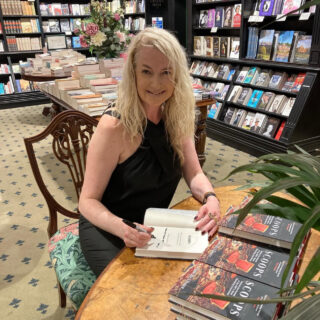In the first of our interviews for this year, City GDL student Laura Gherman speaks with Samantha McAlister, whose experiences and subsequent book was the focus of the 2024 film Scoop (you can watch it on Netflix). Samantha has gone from the law > journalism > professional speaker and LSE Visiting Senior Fellow, but started out just like many of our readers…on the GDL at City! Buckle up for quite a journey…
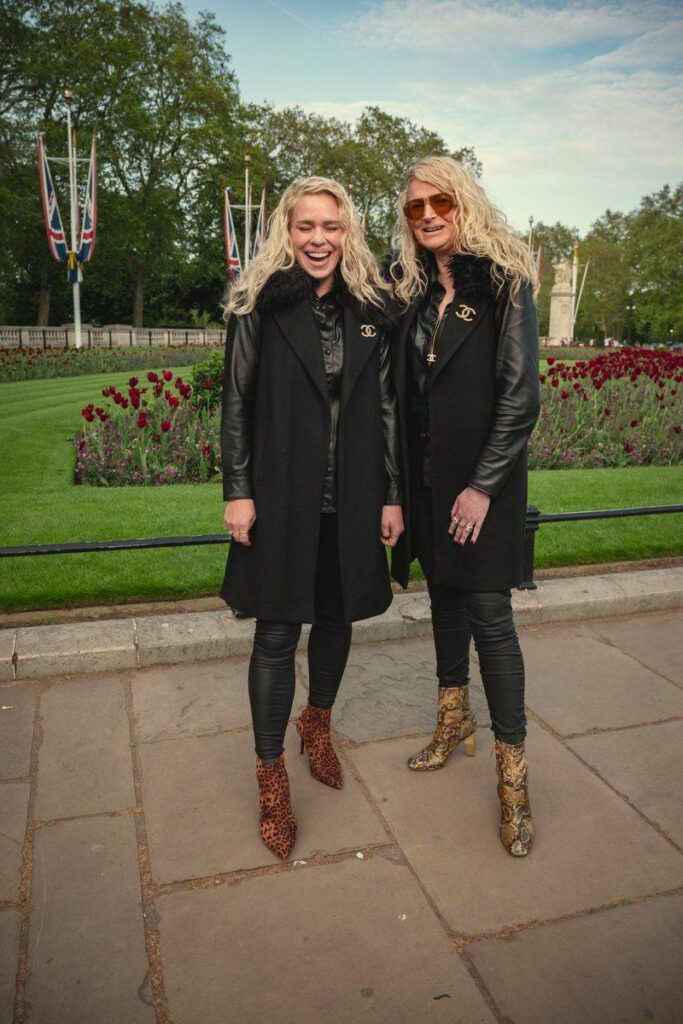
Everyone knows Samantha for the groundbreaking and culturally seismic interview that reshaped the Royal Family: the now-infamous conversation between Prince Andrew and (then) Newsnight’s Emily Maitlis, which Samantha produced. During her long career at the BBC—one she entered with “no experience”—she secured interviews with people you cannot simply call up, Andrew included.
The impact of that story is still difficult to grasp. Only in recent weeks has Andrew been stripped of his titles and now goes by Andrew Mountbatten-Windsor. His future remains uncertain. Yet I deliberately avoided asking Samantha about this chapter of her career. The story feels endless as Samantha lifted the lid on an entire can of worms within the Royal Family. I found myself to be more interested in her early life, legal career and path into journalism; the things which led her here.
Samantha began by studying English Literature at the University of Edinburgh and, like many of us on the GDL, was drawn in by legal television and wanted to transition to a legal career. Someone mentioned the conversion course at City and—somewhat unhelpfully—added that they didn’t think she would be accepted. “It didn’t bother me at all,” Samantha told me. “Because thanks to him, I found out about this great programme at City, which I didn’t know existed. And I got in. That’s how my short-lived career began.”
When she arrived at City, Samantha had never even met a lawyer. Her background was modest: both her parents started work at fourteen. She was called to the Bar and ultimately qualified as a specialised in criminal defence barrister. The appeal of criminal work, Samantha explained, came partly from her upbringing. “My family background was sort of, you know, spicier than most of the people on my course,” she said. “Most of the kids were very posh, from traditional backgrounds. I came from a working-class background in the East End. I was much more comfortable in a cell with an alleged criminal than with my colleagues.”
Criminal defence barristers are a rare crop. The job demands a sincere commitment to the justice system. For Samantha, two things motivated her: the sheer disparity between the resources of the state and those of an individual defendant, and the fear of injustice. “But for me,” she added, “it was also knowing that that could have been me if life had turned out differently. That made me enjoy my clients and my work so much—but not the work culture, or being at the Bar.”
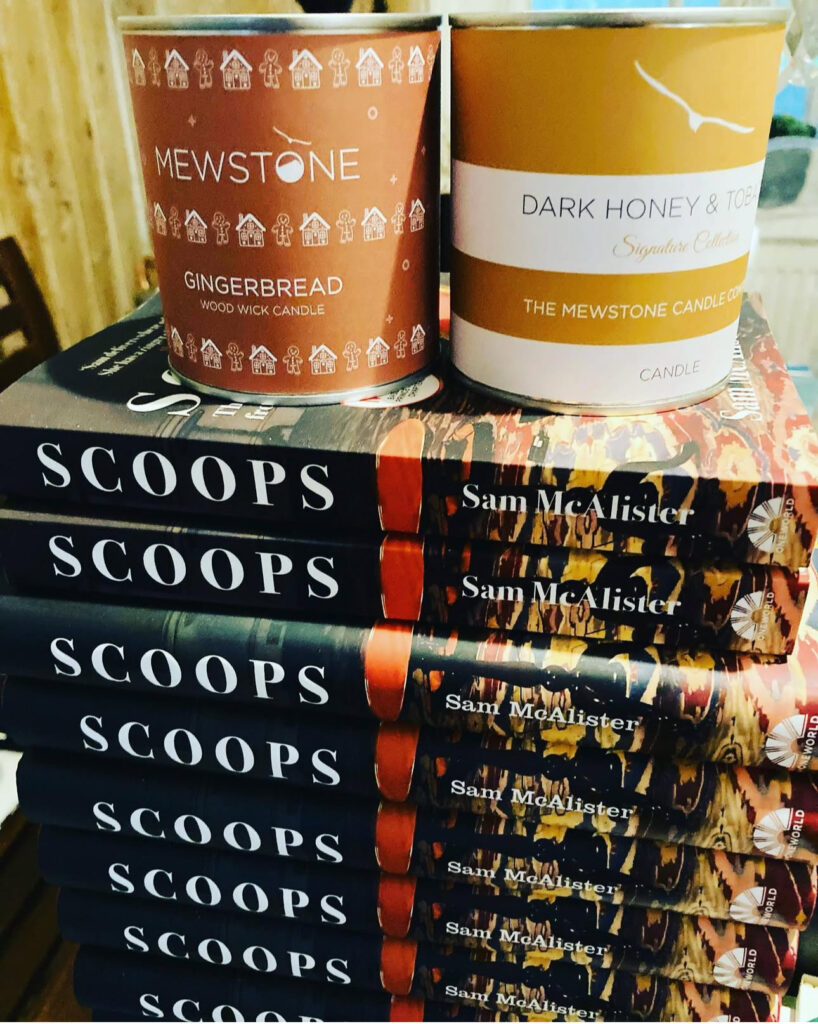
After two years, she left without another job lined up. “I told them I wasn’t coming back, and that was that—back to ground zero.” A friend asked her to teach public speaking, and she did it for a while to tide herself and her son over financially. Over time, she began working for the BBC, with no journalistic experience whatsoever and contributed to Radio 4’s Law in Action (replaced by The Law Show but archive still available – BBC or Spotify). Eighteen years later, she left as one of the most formidable and accomplished producers in the industry—now with a bestselling book and a Netflix series to tell the tale.
During our conversation, Samantha spoke fondly about the GDL, describing it as “intellectual Hunger Games.” “Grown men and women were crying at the finals,” she recalled. It was the only time she had ever felt truly mentally challenged. “I didn’t know what a lease was at the beginning of land law. I didn’t know what a tort was. I had to ask. And when I was told it was a non-contractual obligation, that didn’t make me any wiser. The peril of having zero knowledge at the start and, within a year, knowing so many subjects is incredible.”
The GDL, she said, “gave me the best grounding. I knew I could intellectually match virtually anyone. It was difficult to get into, and it meant I had to learn to speak about things in a way that allowed me access to parts of society I wouldn’t otherwise have reached. Having a good legal education and having been a barrister opened so many doors—rightly or wrongly—and it still serves me well.”
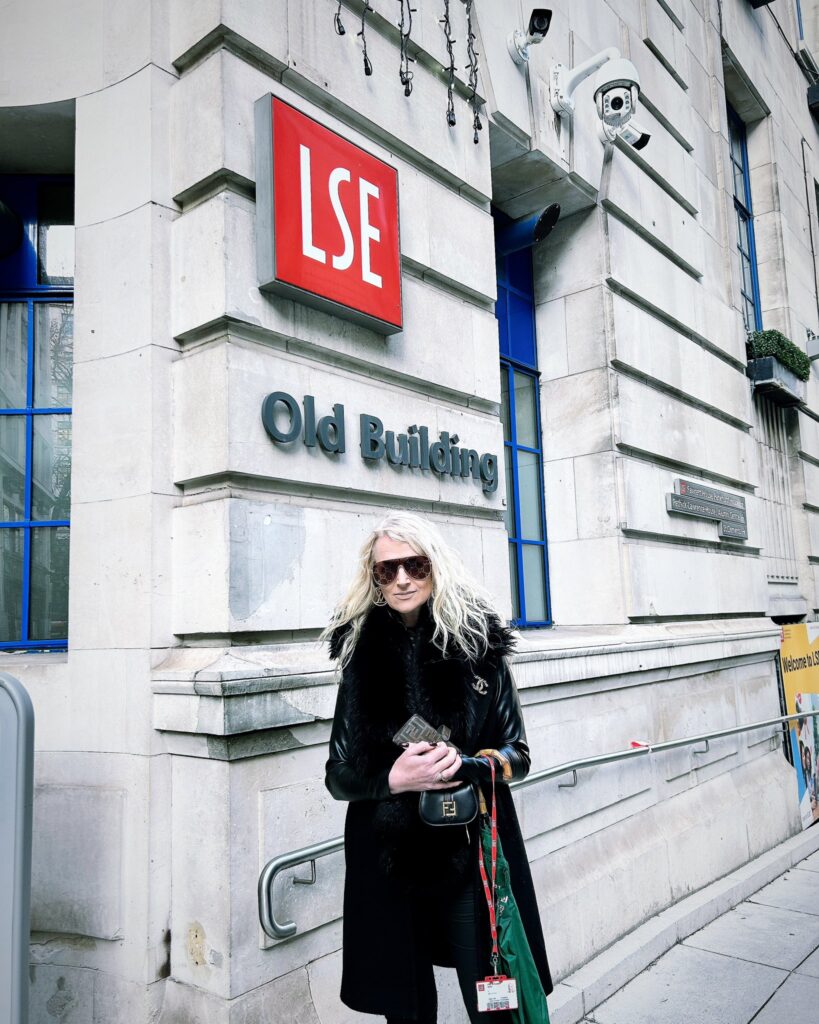
Today, Samantha is a professional speaker and a visiting fellow at the London School of Economics. She teaches non-legal negotiation—“being human,” as she describes it, an element easily lost in the cut-and-thrust of legal negotiations. “I help students learn to use themselves as assets, not just their brains.”
A good negotiator, in Samantha’s view, “requires humility, agility, a lack of aggression, and self-knowledge and empathy.”
Before we finished, I asked Samantha what advice she would give to GDL students unsure whether law is really for them. “Try and stick it out to qualification—especially if you’re from a non-traditional background. Being able to say you were a qualified lawyer opens a million doors and teaches you a million things about people. I hated it, but I’m still grateful for those two years, because I don’t think I would have achieved what I did afterwards if I’d been just a law student who never practised.” In other words, persevere. That counts for something, too.
Whilst no longer a barrister, Samantha is still proud of being an advocate. She told me that she will always be an advocate, and you certainly don’t need to be a lawyer to be a great one. What one needs, though, is to be fearless, something that Samantha reflected upon during our conversation. She isn’t scared of anything and, as evidenced by her career, found it easy enough to walk away from that which no longer serves her, and life paid her back for this courage; and I am certain, it will continue to do so.
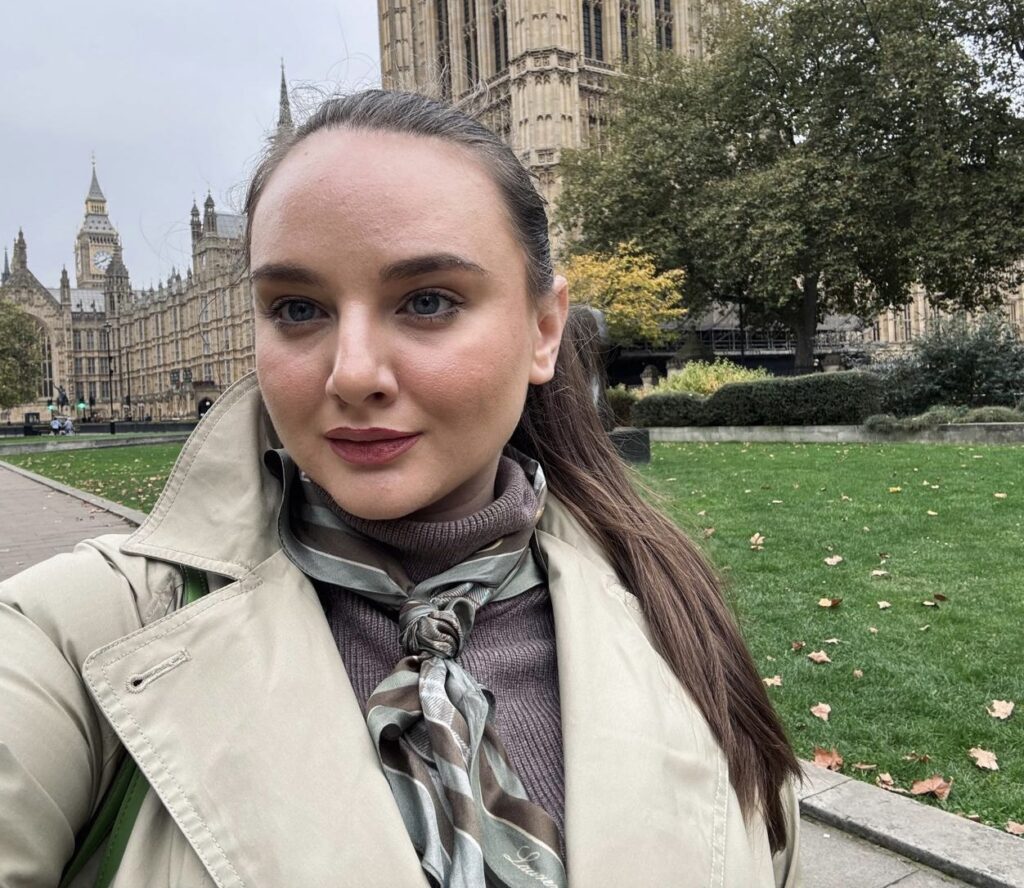
Laura recently left her career in politics, where she worked closely with Members of Parliament, to pursue a career in law. She is currently studying for the Graduate Diploma in Law (GDL) at City St George’s, University of London and is an aspiring barrister.
Before beginning her legal studies, Laura wrote for various publications, including The House Magazine, The Constitution Society, and several policy blogs. Alongside her studies, she will be a Student Advocate with the City School Exclusion Service, representing children in exclusion hearings — an opportunity that combines her commitment to public service with her growing passion for advocacy.

